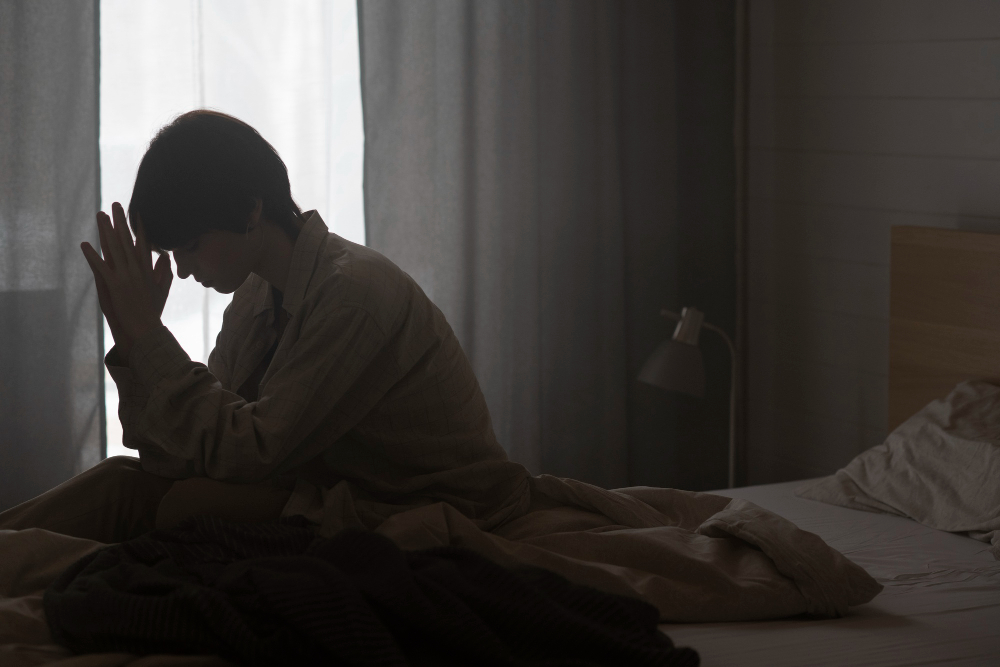Yes, research strongly suggests a significant link between sleep deprivation and an increased risk of both anxiety and depression. This relationship is often described as bidirectional, meaning that lack of sleep can contribute to mental health issues, and mental health issues can, in turn, worsen sleep.
Here’s a breakdown of how sleep deprivation can lead to anxiety and depression:
Impact on Anxiety:
- Increased Cortisol Levels: Sleep deprivation triggers the release of cortisol, the body’s stress hormone. Chronically elevated cortisol levels are associated with increased anxiety and difficulty relaxing.
- Brain Function Changes: Studies have shown that sleep loss can amplify activity in the amygdala and anterior insula, brain regions associated with fear and anxiety responses. This can lead to heightened feelings of worry, nervousness, and being on edge.
- Impaired Emotional Regulation: When you’re sleep-deprived, your brain has more difficulty regulating emotions, making you more reactive to stressors and potentially increasing anxiety symptoms.
- Sleep Anxiety: A vicious cycle can develop where poor sleep leads to daytime anxiety about not sleeping, which then makes it even harder to fall asleep at night.
Impact on Depression:
- Neurotransmitter Imbalances: Sleep plays a crucial role in regulating neurotransmitters like serotonin and dopamine, which are involved in mood regulation. Sleep deprivation can disrupt these balances, increasing the risk of depressive symptoms.
- Reduced Positive Affect: Studies have shown that disrupted sleep can lead to a significant reduction in positive moods, making individuals more vulnerable to depression.
- Increased Risk of Developing Depression: People with chronic insomnia have a significantly higher risk of developing depression compared to those who sleep well.
- Worsening of Existing Depression: For individuals already struggling with depression, sleep deprivation can exacerbate their symptoms, making them feel more hopeless, fatigued, and have difficulty concentrating.
In summary, sleep deprivation can contribute to anxiety and depression through various biological and psychological mechanisms, including hormonal changes, altered brain activity, impaired emotional regulation, and neurotransmitter imbalances.
If you are experiencing sleep problems and symptoms of anxiety or depression, it’s crucial to seek professional help. Addressing sleep issues can be an important part of managing and improving your mental health. Sources and related content

